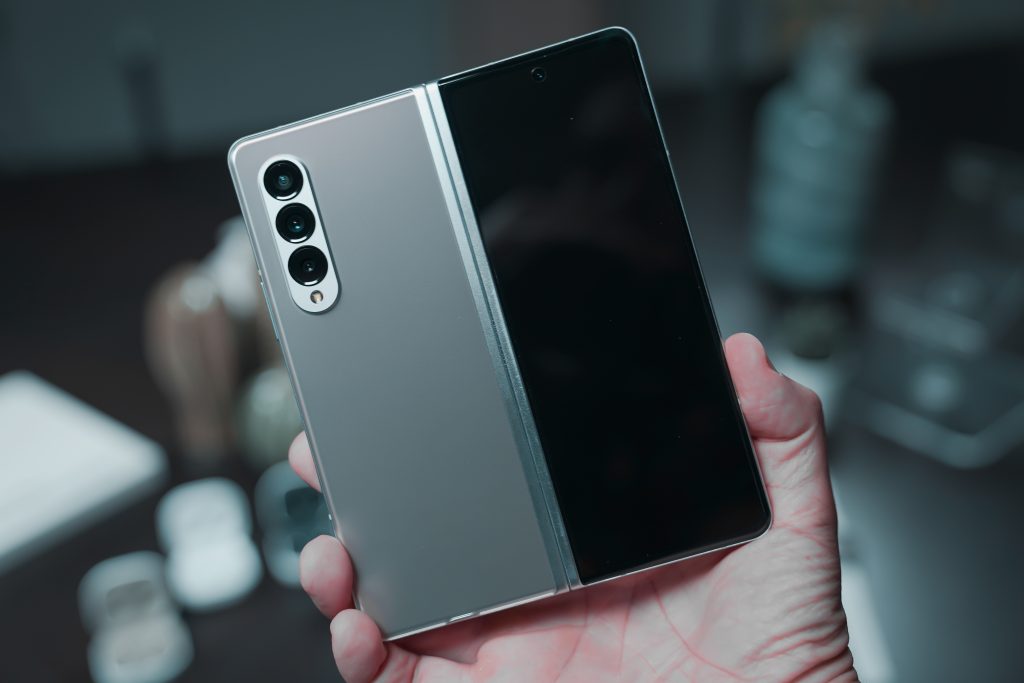
Choosing a mobile phone can be a significant decision, as it’s a device you’ll likely use every day. Here are some key factors to consider when selecting a mobile phone:
- Performance: Look for a phone with enough RAM (at least 5GB), and sufficient storage space (128GB or more). Higher performance is essential for multitasking and smooth app usage.
- Operating System (OS): Decide between iOS (Apple) and Android (Google). Each has its own ecosystem, interface, and app selection. Choose the one that aligns with your preferences and existing devices.
- Battery Life: Check the battery capacity (measured in mAh) and read reviews to get an idea of how long the phone’s battery lasts under typical usage.
- Storage Options: Consider whether the phone allows for expandable storage (via microSD cards) or if you need ample internal storage for your needs.
- Camera Quality: If you enjoy photography, prioritize phones with good camera capabilities. Megapixel count is not the only factor; also consider aperture size, image stabilization, and low-light performance.
- Budget: Determine your budget range. Mobile phones come in various price points, from budget-friendly options to high-end flagship devices.
- Display: Consider the display size, resolution, and technology (AMOLED or LCD). Larger screens are better for media consumption, while smaller screens are more portable.
- Design and Build: Look for a design that appeals to you, and consider the build quality (materials used) for durability.
- Connectivity: Ensure the phone supports the necessary cellular bands for your carrier. Additionally, check for features like Wi-Fi, Bluetooth, NFC, and 5G support if needed.
- Software Updates: Research the manufacturer’s track record for providing software updates. Regular updates are essential for security and accessing new features.
- User Interface (UI): Some manufacturers customize the Android OS with their own UI. Try to experience the phone’s UI beforehand to see if it suits your preferences.
- Reviews and User Feedback: Read reviews from reputable sources and check user feedback to understand real-world experiences with the phone.
- Brand Reputation: Consider the reputation of the phone manufacturer. Established brands may have better customer support and service.
- Additional Features: Some phones offer unique features like water resistance, wireless charging, facial recognition, or stylus support. Evaluate whether these extras are important to you.
- Size and Ergonomics: Ensure the phone is comfortable to hold and use, as per your preferences.
Ultimately, the best phone for you will depend on your specific needs, preferences, and budget. Make sure to do thorough research and, if possible, try out the phone in person before making a purchase.